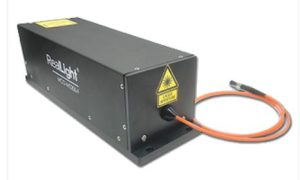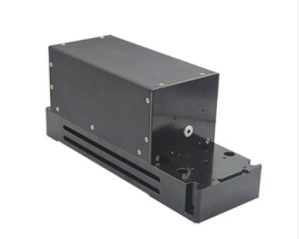The Applications and Future Development Trends of Mass Spectrometry Technology
Mass spectrometry (MS) technology, as an efficient and precise analytical method, plays a crucial role in modern scientific research. From biomedicine to environmental monitoring, food safety to chemical analysis, mass spectrometry is providing strong technological support across multiple fields with its unique advantages.
1. Biomedicine Field
In the field of biomedicine, mass spectrometry is widely used in drug development, metabolomics, proteomics, and more. Through mass spectrometric analysis, scientists can gain deep insights into the metabolic processes of drugs within the body, providing strong support for the development of new drugs.
2. Environmental Monitoring and Protection
Mass spectrometry also plays an important role in environmental monitoring and protection. It can accurately detect pollutants in environmental media such as air and water, providing scientific evidence for environmental protection.
3. Food Safety Testing
In food safety testing, mass spectrometry enables the rapid and accurate detection of harmful substances such as pesticide residues and additives in food, ensuring food safety.
4. Chemical Analysis Industry
In the chemical analysis industry, mass spectrometry is widely used for compound structure identification, quantitative analysis, and more, due to its high sensitivity and high resolution.
5. Materials Science
In materials science, mass spectrometry is used for surface analysis and elemental composition analysis of materials, providing essential data support for material development.
6. Forensic Science and Criminal Investigation
In forensic science and criminal investigations, mass spectrometry can be used for toxicology analysis, evidence identification, and more, providing strong evidence for case resolution.
7. Future Development Trends
With continuous technological advancement, mass spectrometry technology will be applied in more fields. At the same time, with the integration of artificial intelligence, big data, and other technologies, mass spectrometry will become more intelligent and automated, offering even stronger support for scientific research and social development.
The MCO series sub-nanosecond fiber pigtailed or free space high-performance microchip lasers, independently developed and manufactured by Beijing RealLight Technology Co., Ltd., are equipped with an electric-controlled energy adjustment module, optical trigger output module, and laser driving circuit. With compact structure and high stability, they provide strong support for the development of mass spectrometry analysis.
Disclaimer: Some content of this article is sourced from the internet and is intended for technical research and exchange purposes only. It is for reference and learning. If there are any inaccuracies or academic issues in the description, we welcome timely feedback. If there are copyright concerns, please contact us, and we will verify and remove the content promptly.




